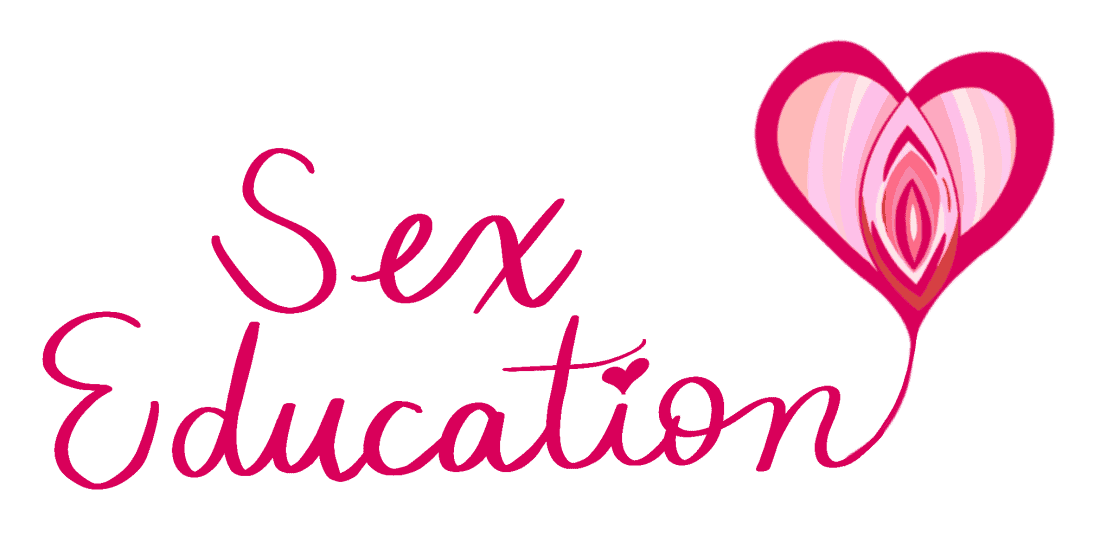
There is a chasmic gap in our knowledge and understanding of sexual health and this has a significant impact on our physical health, and the health of our society.
A comprehensive sex education may not seem critical to an elementary or secondary school curriculum, but it is necessary to avoid some serious issues that are making our society ill. While it may be seen as a biologically focused instruction manual for safe sex, a comprehensive sex education has a much greater influence.
It is crucial for better physical and emotional health, healthier relationships with others and can help to create a healthier society overall.
But sex education has been under attack by conservative groups for decades — alleging that this kind of instruction is lewd and capable of corrupting impressionable youth. Some opponents allege that sex-ed classes ‘promote pornography’ and ‘sexualize children.’
The belief that sex ed will encourage kids to have sex is a common theme among those opposed to including sexual health in elementary curriculums. Some conservative and religious groups go as far to claim that children are sexually dormant and that sex education can be classifed as an assault on prepubescent children.
But comprehensive sex-ed classes don’t lead to an epidemic of corrupt sex-crazed youth engaging in increased sexual activites — in fact, it seems to do exactly the opposite. Youth who are educated about their bodies and sexual health are having sex later and are less likely to engage in unprotected sex.
Meanwhile abstinenceonly education seems to lead to an increase in teen pregnancy and sexually transmitted infections. These abstinence-before-marriage teachings are common in the American school system where 11 states have an abstinence-only mandate. While 24 states are required to teach some kind of sex ed, there are nine states that have no mandate to provide youth with this kind of education.
Action Canada for Sexual Health and Rights launched their SexEdSavesLives campaign this summer to call for a change in the way we teach about sex. A demonstration supporting this initiative drew supporters to downtown Saskatoon during the premiers’ meeting in July 2019.
While Canada has had a better reputation for providing proper sex education, we are clearly still lacking. The quality of this education often changes to reflect the parties who are in power. More conservative governments have notoriously influenced the kinds of instruction that schools are required to give.
Recently, Ontario tried to revert to an archaic sex-ed platform that is 20 years old. Our world has radically changed in the past two years — both technologically and socially — leaving dangerous and reckless gaps in knowledge. In August 2019, a revised curriculum attempted to include 21st century concerns.
However, parents could opt to exempt their children from learning about biological development and sexual health for religious and conscientious exemptions — something that is unfortunately not new. Uneducated youth grow up to be adults who may be missing key knowledge needed to safely navigate romantic and sexual relationships.
Denying youth this kind of education can be a public health risk that is on par with the anti-vaccination movement. With rates of sexually transmitted infections on the rise — like the 172 per cent increase in syphilis infections in Saskatchewan announced in January — a population that is better educated about biology and sexual health will be equipped with an understanding of safe sex and the tools necessary to protect themselves.
We are sexual creatures and having a comprehensive understanding of our body and sexual health is crucial for safe, fulfilling and pleasurable encounters. Comprehensive sex ed creates adults who are empowered. The one-size-fits-all sex-ed curriculum with strong religious and conservative overtones that focus on monogamous, child-rearing heterosexual practices are ineffective.
For students who feel they are lacking a proper sex education or want to learn more, Peer Health hosts the discussion group The Sex Ed You Didn’t Learn.
This op-ed was written by a University of Saskatchewan undergraduate student and reflects the views and opinions of the writer. If you would like to write a rebuttal, please email opinions@thesheaf.com.
—
Erin Matthews/ Opinions Editor
Graphic: Shawna Langer/ Graphics Editor
Leave a Reply